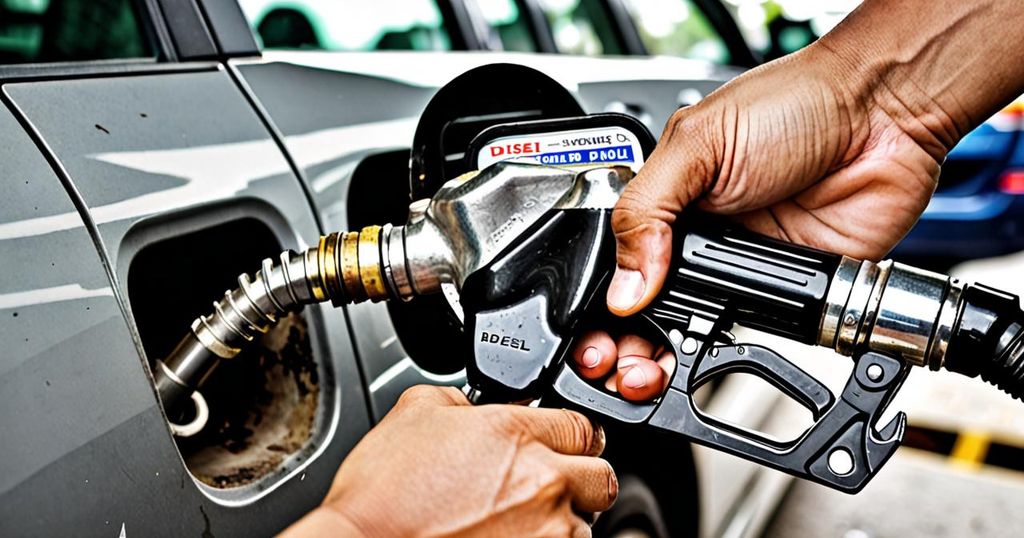Malaysia’s recent decision to phase out diesel subsidies has elicited a range of reactions, with some lauding the move while others express concerns about potential backlash from voters. Prime Minister Anwar Ibrahim, in a televised address, stated that the decision is projected to save the country approximately 4 billion ringgit (US$852 million) on an annual basis. He emphasized that the broad subsidy for diesel is no longer sustainable as it primarily benefits the “ultra-rich” and is often misused, with a significant amount of the inexpensive diesel ending up in luxury vehicles and being smuggled into neighboring countries.
The move to decrease diesel subsidies comes at a time when Malaysia seeks to implement labor reforms and address stagnant wages in light of persistent inflation. Anwar highlighted that despite just a 2.4% increase in the registration of diesel vehicles from 2019 to 2022, diesel use has surged by nearly 40%, indicating misuse, smuggling, and leakage of the fuel, leading to a considerable loss of revenue for the country.
As part of the new targeted subsidy program, the price of subsidized diesel, which has been capped at 2.15 ringgit (US$0.46) per liter since 2021, is expected to increase to approximately 3.48 ringgit (US$0.74) per liter. This rise has generated concerns among vehicle owners and businesses that rely on diesel, as they anticipate a substantial impact on their expenses. Individuals such as Saiful Abdullah, who owns an appliance repair business, are uncertain about their eligibility for assistance and worry about potentially passing on the increased costs to their customers.
Economist Aimi Zulhazmi at the University of Kuala Lumpur has characterized the move as “courageous” and a prudent decision to begin with diesel before considering similar subsidies on petrol. The government’s objective is to address the misuse and smuggling of fuel, which has been an ongoing issue due to the significant price variance between Malaysian and neighboring countries’ diesel.
However, concerns have been raised by Members of Parliament about potential voter backlash. A parliament member cautioned Anwar about a similar outcome experienced by a previous government when it abruptly removed petrol and diesel subsidies, resulting in a surge in fuel prices and subsequent loss of public support.
Additionally, there are apprehensions that the subsidy cut may have adverse effects on businesses and the general public, particularly those reliant on diesel for their livelihood. As Malaysia shifts from blanket subsidies to targeted ones, careful consideration is necessary to ensure that the majority of the population is not unduly burdened by the changes.
The decision to phase out diesel subsidies is a momentous economic step by the Malaysian government, but it also raises crucial questions about its potential impact on the population and the economy. While the intent behind the move is to address misuse and leakage of subsidized diesel, the government must navigate the transition with caution to mitigate any potential negative consequences for the public.

Leave a Reply